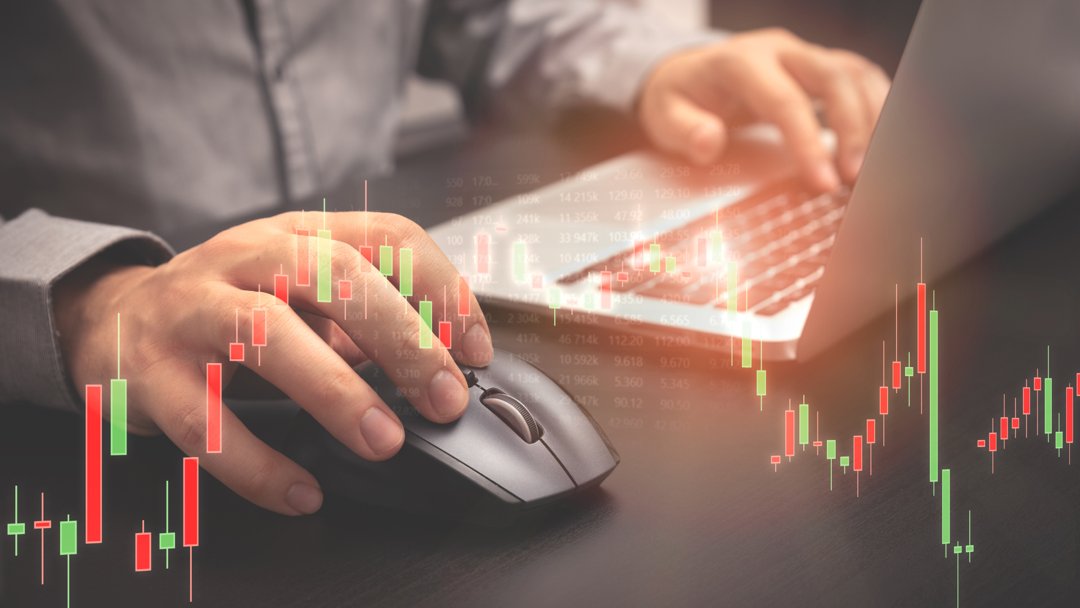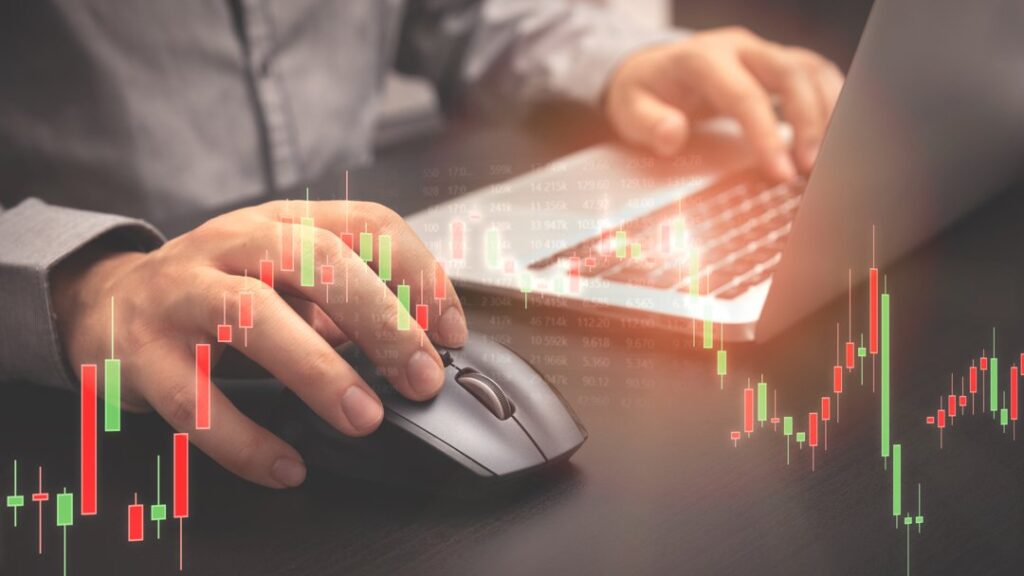Contract for Differences
What Are They And How Do They Work?
A contract for differences (CFD) is a type of financial agreement that covers the discrepancies in settlement prices between open and closed deals. CFDs essentially allow investors to trade currencies, stocks, commodities, and indices over short periods of time, especially over single days. They’re ideal for short-term trading because they don’t lock up any capital—investors only need to post margin. In addition, CFDs give access to leverage—or buying power—to increase gains or control losses depending on what an investor chooses to do with their trade(s).
What is a Contract for Differences?
In its simplest form, a contract for differences (CFD) is an agreement between two parties in which one party agrees to pay another any gains that result from specified price movements of an underlying asset. Essentially, if you think an underlying asset will go up or down in value, you can bet on it with a CFD. In doing so, you only need to deposit your stake (the difference between entry and exit points), rather than covering all of your potential losses. In short, a contract for differences allows investors to take advantage of price movement without laying out all of their capital at once or taking on all of their potential losses.
Is it an Appropriate Strategy for You?
A CFD is a good option for you if you like to make directional bets on stocks, currencies, and commodities. It’s essential to understand that you will not own any underlying asset—you only own a contract referencing that asset. One way to think about it is as though you have entered into a bet with someone where one of two outcomes happens: either your prediction is correct or incorrect.
What Are the Risks Associated with CFDs?
Before you dive into using CFDs as a short-term investment tool, there are a few potential risks that you should be aware of. Although they’re relatively easy to use, they can be extremely risky and should only be used if you have enough capital to cover any losses. If not, it’s best to avoid these instruments entirely. One of these is liquidity risk; all products have some level of liquidity risk associated with them and depending on what instrument you choose, your ability to sell or trade an asset in a pinch could prove challenging if not impossible.
CFD's Eloquent
The potential risk with a contract for difference is that you could lose more than your initial investment. CFDs carry such high-risk potential because, unlike other trading tools, they are not asset-backed securities—they only track their underlying. They don’t actually own anything in particular when you open a trade with them, some investors say that trading forex and CFDs is more akin to gambling than investing—and it’s true. In general, CFDs are considered safe if used properly. They can, however, carry a large amount of risk and may not be suitable for all investors. You should be aware of all of the risks associated with trading currencies and commodities, including leverage risk, margin interest rate cost, and price volatility. Keep in mind that you could lose more than your initial investment as many leveraged products fluctuate greatly in price over short periods of time.
Is it Safe?
The recent influx in high-frequency trading means that these prices may change rapidly. Be sure to read and understand all contract terms when opening an account with a broker or dealer. Most firms offer online tools that provide you with real-time quotes and current market information. For investors looking to dip their toes into risky investments. Forex trading presents a unique opportunity—one that can be highly lucrative if executed correctly. But before you open up a position in foreign exchange or start futures trading. It’s important to understand exactly what a contract for difference. You see, these contracts aren’t suitable for all investors. In fact, even seasoned traders have very mixed opinions about them. Still, most industry insiders acknowledge that these instruments have their place. Any investment portfolio provided they’re used with extreme caution.
How Do I Open an Account?
To open an account with your broker, you’ll need to provide them with some basic information. This will vary depending on which broker you’re working with, but you should generally be required to submit a copy of your ID and proof of address. Most forex traders will also have to pay a minimum deposit or startup fee in order to begin trading. Before choosing a broker, make sure they offer what you need—and that they have secure servers and a good track record when it comes to security!
Important aspect of Trading
One of the most important aspects of trading is security. When choosing to trade with a company, you should look into their background and ensure that they take your funds and investments seriously. Although there’s no surefire way to ensure your money is safe when dealing with a third party, you can rest easy knowing that major CFD brokers like ATFX thoroughly vet their CFD providers. Since many traders use multiple accounts at different trading platforms, having an account at ATFX gives traders access to various products and gives them more variety in how they trade currencies on a day-to-day basis. You shouldn’t have any trouble finding an exciting product on ATFX that fits your risk tolerance and style of trading.
Trading currency and investing
All investments involve some degree of risk. If you intend to purchase securities – such as currencies, commodities, stocks, bonds, or mutual funds – it’s important that you understand before you invest that you could lose some or all of your money. Do you want to know more about trading currency and investing? There are more than enough learning sessions to get you started, regardless of your learning style. With Smartrade, you can pick from experienced-led courses and study at your own speed, with lifelong access to free forex training and one-on-one coaching. You’ll also learn the fundamentals of day trading forex, CFDs, Stocks, and Commodities. Learn more about Smartrade and get started right away.
To learn more about FOREX TRADING and many more visit our website at: https://smartradeph.com/
Like our social media pages to see schedules for our free online training/seminars and one on one coaching.
Facebook: https://www.facebook.com/smartradeph/
Instagram: https://www.instagram.com/smartradeph/
Linkedin: https://www.linkedin.com/company/smartrade-philippines/
Twitter: https://twitter.com/smartradeph
Youtube: https://www.youtube.com/c/SmarTradePH
Tiktok: https://www.tiktok.com/tag/smartrade


